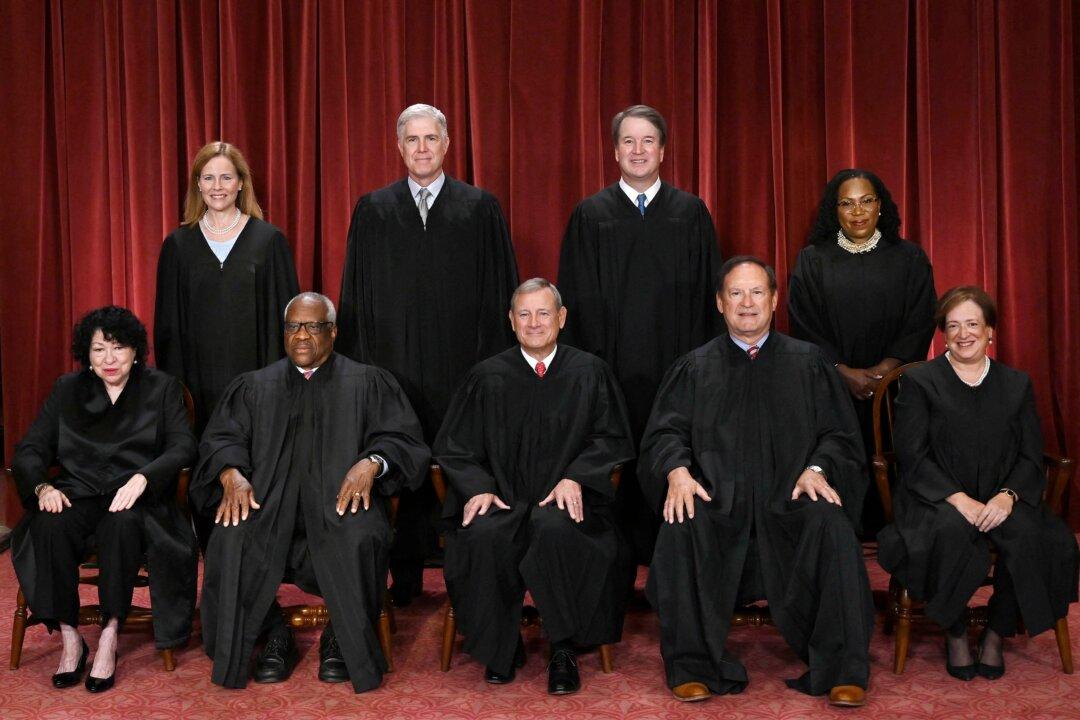The Supreme Court heard a dispute on March 20 about whether an Indian tribe can draw water from the Colorado River over the opposition of several thirsty nearby states.
The case pits the Navajo Nation, a large Indian reservation occupying territory in Arizona, New Mexico, and Utah, against the states of Arizona, Nevada, Colorado, the Metropolitan Water District of Southern California, and the U.S. Department of the Interior.





